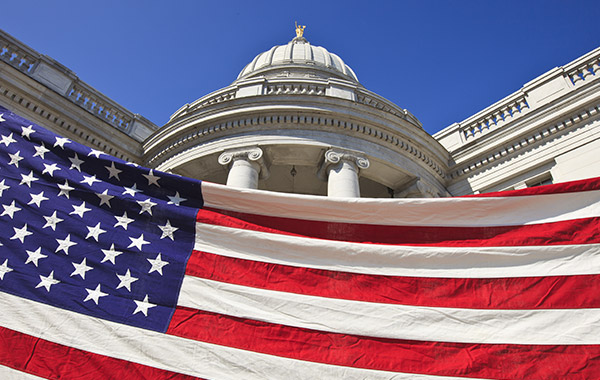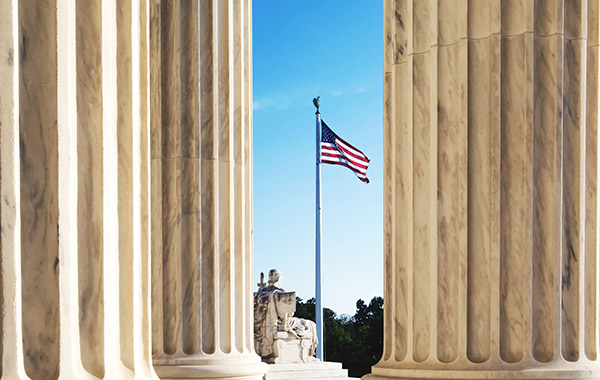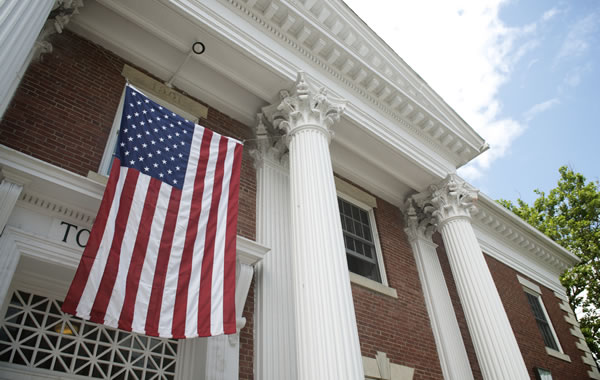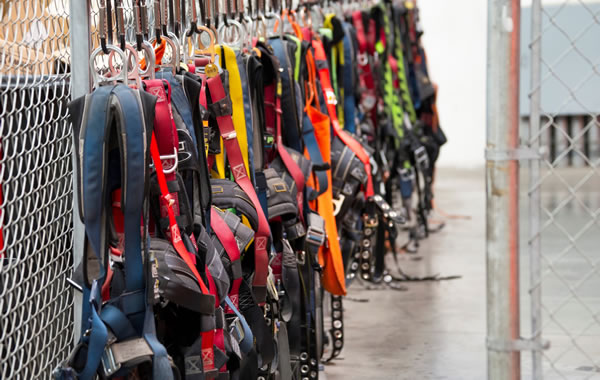Government Contracting Database
Mistake in Bid
The Federal Acquisition Regulations require that after the opening of bids, the contracting officer should examine all bids for possible mistakes. In federal government construction contracts, the procedures for dealing with mistakes in bids are far more lenient than those found in most state and local jurisdictions. Once a contracting officer is placed on notice of a possible mistake, the pertinent regulation, FAR 14-407-1, requires the contracting officer to “request from the bidder a verification of the bid, calling attention to the suspected mistake.” The case law indicates that where a mistake is suspected, good faith dealing requires that all relevant information be brought to the attention of the bidder; that is, the request for verification should be as informative as possible concerning the pertinent factors indicating to the contracting officer that an error may have been made in the bid. Samuel R. Clarke a/b/a Clarke Enterprises, ASBCA 24306, 82-1 BCA ¶ 15,627; Caddell Constr. Co. v. United States, 125 Fed. Cl. 30, 49 (2016); United States v. Hamilton Enterprises, Inc., 711 F.2d 1038 (Fed. Cir. 1983). If the mistake is clerical in nature, and apparent on the face of the bid, it may be corrected by the contracting officer prior to award (i.e. obvious misplacement of a decimal point).
This does not mean that it is easy to obtain relief for a mistake in bid, but the federal procedures do allow for withdrawal, and even upward correction in certain circumstances, if the required tests have been met. If the bidder requests permission to withdraw a bid because of an alleged mistake (not including errors in judgment), the evidence must be clear and convincing as to the existence of a mistake. Under these circumstances, upon presentation of documentation supporting the mistake and showing how it was made, most agencies will allow a bidder to withdraw. It is not the intention of federal agencies to enter into contracts with bidders who have demonstrated that they have made a mistake and that, if awarded the contract, they will lose money on the project. Federal agencies see this as “buying trouble” and will generally be reasonable in allowing withdrawal. A bidder must be careful, however, not to abuse this privilege. The federal system also allows upward correction of a bid if the low bidder is responsive to the invitation. In this case, the bidder must demonstrate through clear and convincing evidence both the existence of the mistake and the bid actually intended. Generally, the closer a requested upward correction is to the next lowest bid, the more closely it will be scrutinized by the agency.
It is also possible to request correction of a mistake in bid after award of a contract provided that correction of the mistake would be favorable to the government without changing the essential requirements of the specifications. In such cases, a modification to the contract would be issued, the contract would be reformed, or in some cases, the government might decide to rescind the contract through termination for convenience in view of the mistake. In all cases of alleged mistakes, however, the contractor will be required to submit a written statement and documentary evidence regarding the preparation of the bid, the original bid worksheets and supporting data, subcontractors and suppliers quotations, and any other evidence which will serve to establish the mistake. FAR 14.407.
Updated: June 29, 2018
Looking for additional government contracting resources?
Search Our Database





























